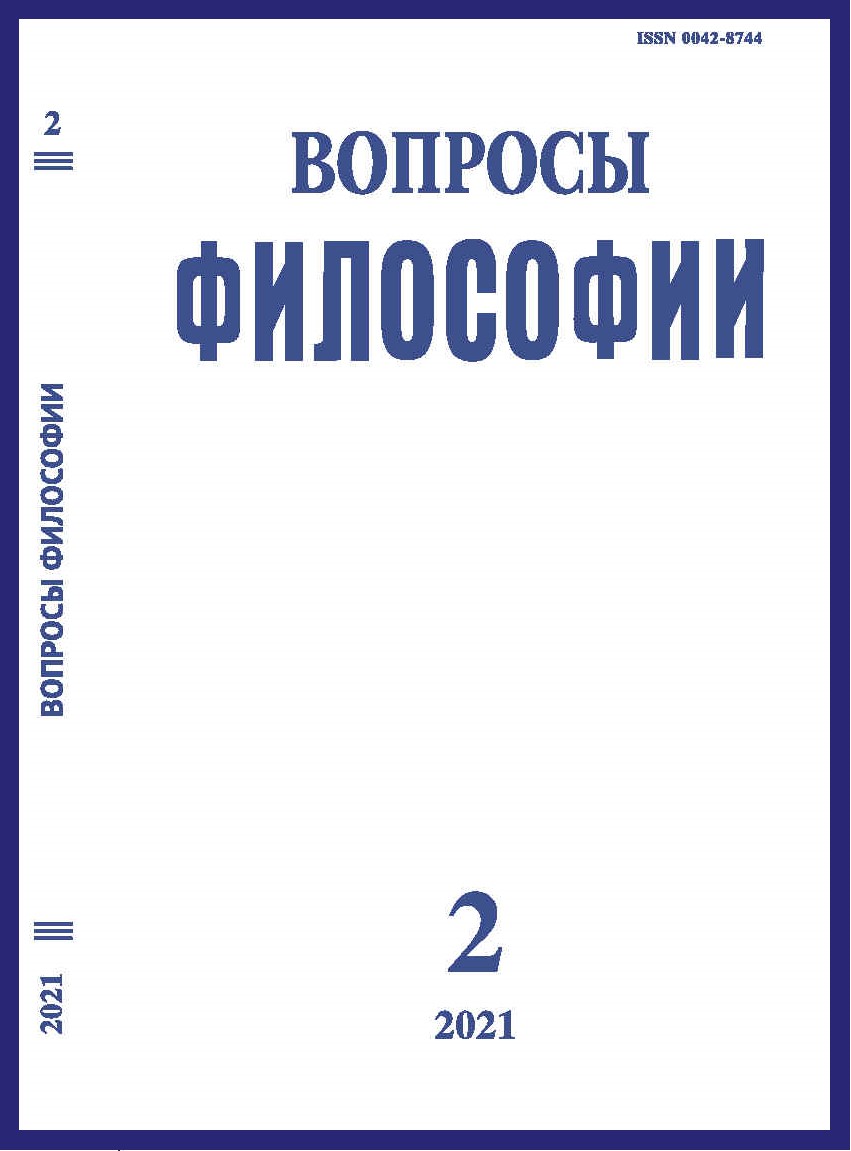Pleasure As a Subject of Logic. To the Interpretation of Philebus. Part I
DOI:
https://doi.org/10.21146/0042-8744-2021-2-144-153Keywords:
Plato, Philebus, theory of ideas, dialectics, division, ethics, hedonism, pleasure.Abstract
The task of the paper is to determine what is the philosophical meaning of Plato’s Philebus. To define the meaning is to show which way of understanding Philebus is the most fruitful, most fully grasping and revealing what forms the substantive core of Plato’s text. It’s no secret that the meaning of Philebus is not at all self-evident. From our point of view, the main subject of the dialogue lies not in the plane of ontology, but in ethics, and what is taken for ontological aspects in Philebus is much more related to the logical and methodological conditions for solving the main ethical problem. Therefore, in this article an attempt was made to show that the key themes of Philebus(the problem of the one-many, the relationship of the four kinds of beings, the theory of false pleasures) are internally related. The question of the relationship between the one and the many is raised in connection with the clarification of the question of the logical status of pleasure. Division into four kinds (limit, unlimited, mixture, reason) is the fulfillment of the methodological requirement for the necessity of division. The analysis of pleasures following this methodological introduction examines pleasure in an entirely new light, in the light of truth/falsity.

